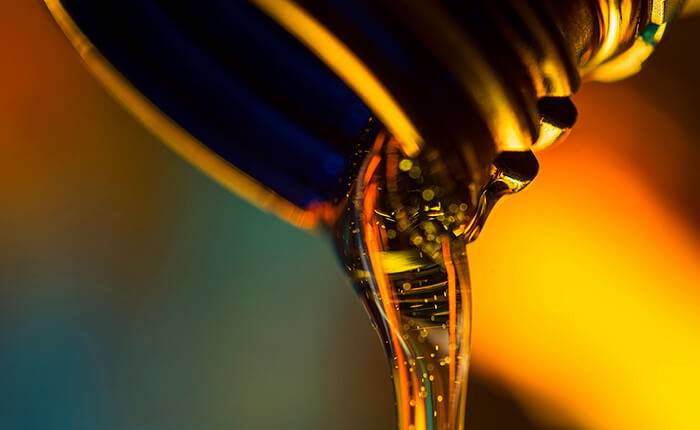Dec . 06, 2024 15:04 Back to list
High-Density Polyethylene Pipes for Reliable and Durable Water Management Solutions
Understanding HDPE Plastic Pipes Features, Benefits, and Applications
High-Density Polyethylene (HDPE) pipes are becoming increasingly popular in various industries due to their unique characteristics and numerous benefits. These pipes are made from high-density polyethylene resin, which offers remarkable properties that make them a superior choice for many applications. In this article, we will explore the features, advantages, and diverse applications of HDPE plastic pipes.
Key Features of HDPE Plastic Pipes
1. Durability and Longevity HDPE pipes are known for their exceptional durability. They are resistant to chemicals, corrosion, and UV radiation, making them ideal for a variety of environmental conditions. Unlike traditional materials such as steel or concrete, HDPE does not suffer from rust or corrosion, significantly extending its lifespan, often exceeding 50 years with proper installation.
2. Lightweight and Flexible One of the standout features of HDPE pipes is their lightweight nature. This makes them easy to transport and install, reducing labor costs and overall project time. Additionally, HDPE pipes are flexible, which allows them to be used in applications where traditional rigid pipes might fail or require additional fittings.
3. Leak-Free Joints The production process of HDPE pipes allows for seamless joints, ensuring fewer leak points compared to conventional piping systems. Heat fusion techniques used in joining HDPE pipes create a strong and permanent bond, reducing the risk of water loss and contamination in water distribution systems.
4. Low Friction Loss The smooth interior surface of HDPE pipes significantly reduces friction loss, which translates into lower energy costs for pumping systems. This characteristic makes HDPE particularly beneficial for long-distance water transfer and sewage systems.
Benefits of HDPE Plastic Pipes
1. Cost-Effectiveness Although the initial investment may be higher than some traditional piping materials, the long-term savings associated with lower maintenance costs, reduced leakage, and energy efficiency make HDPE an economically viable choice.
2. Environmentally Friendly HDPE is a recyclable material. In addition to being fully recyclable at the end of its life cycle, the manufacturing process of HDPE pipes generates fewer greenhouse gases compared to other materials. This aligns with increasing environmental regulations and the global push for sustainable practices.
hdpe plastic pipe

3. Resistance to Environmental Stress HDPE pipes can withstand extreme temperatures, both hot and cold, and are less likely to be affected by environmental stresses such as soil movement, making them ideal for underground installations in varying geographic locations.
4. Versatile Applications HDPE pipes can be used in a wide range of applications including water supply, irrigation, sewage treatment, and industrial applications. The adaptability of HDPE makes it suitable for various industries such as agriculture, construction, and mining.
Applications of HDPE Plastic Pipes
1. Water Supply Systems HDPE pipes are extensively used for potable water distribution due to their resistance to bacteria and other harmful substances. They ensure safe and clean water delivery.
2. Sewage and Drainage Systems The flexibility and durability of HDPE pipes make them a preferred choice for sewage and drainage systems. Their seamless joints reduce the risk of leakage, protecting the environment from contamination.
3. Irrigation In agriculture, HDPE pipes are used for irrigation systems, allowing farmers to enhance crop yield while conserving water. Their lightweight nature makes installation and maintenance easier, which is crucial in remote areas.
4. Industrial Applications HDPE pipes are also utilized in various industrial processes, including transporting chemicals, slurry, and waste materials. Their resistance to corrosive agents makes them ideal for these applications.
Conclusion
In summary, HDPE plastic pipes offer an array of advantages that make them a top choice for modern piping solutions. Their durability, flexibility, cost-effectiveness, and versatility make them suitable for a wide range of applications across multiple industries. As the world continues to seek sustainable and efficient solutions, HDPE pipes are poised to play an increasingly important role in infrastructure development, environmental protection, and resource management. Investing in HDPE technology not only benefits businesses and projects but also contributes to a more sustainable future.
-
HDPE Natural Sheet: Durable, Food-Grade & Versatile Plastic Solutions
NewsAug.27,2025
-
Durable Glossy PVC Rigid Sheet | Premium High-Shine Panels
NewsAug.26,2025
-
Durable PP Rigid Sheet: Lightweight, Chemical Resistant Solutions
NewsAug.21,2025
-
PVC Grey Sheet for Extraction: Chemical Resistant & Durable
NewsAug.19,2025
-
Durable PVC Pipe Fittings for Plumbing & Irrigation Needs
NewsAug.18,2025
-
HDPE Steel Belt Reinforced Spiral Corrugated Pipe | High Strength
NewsAug.17,2025

